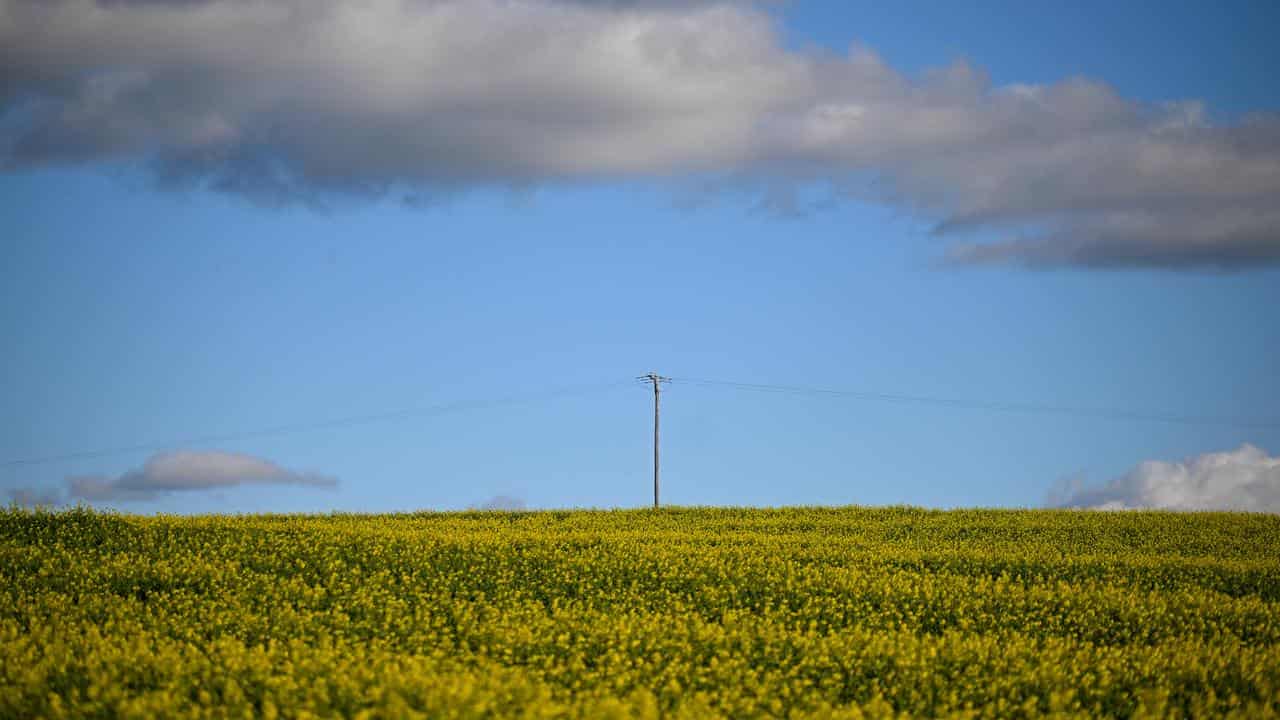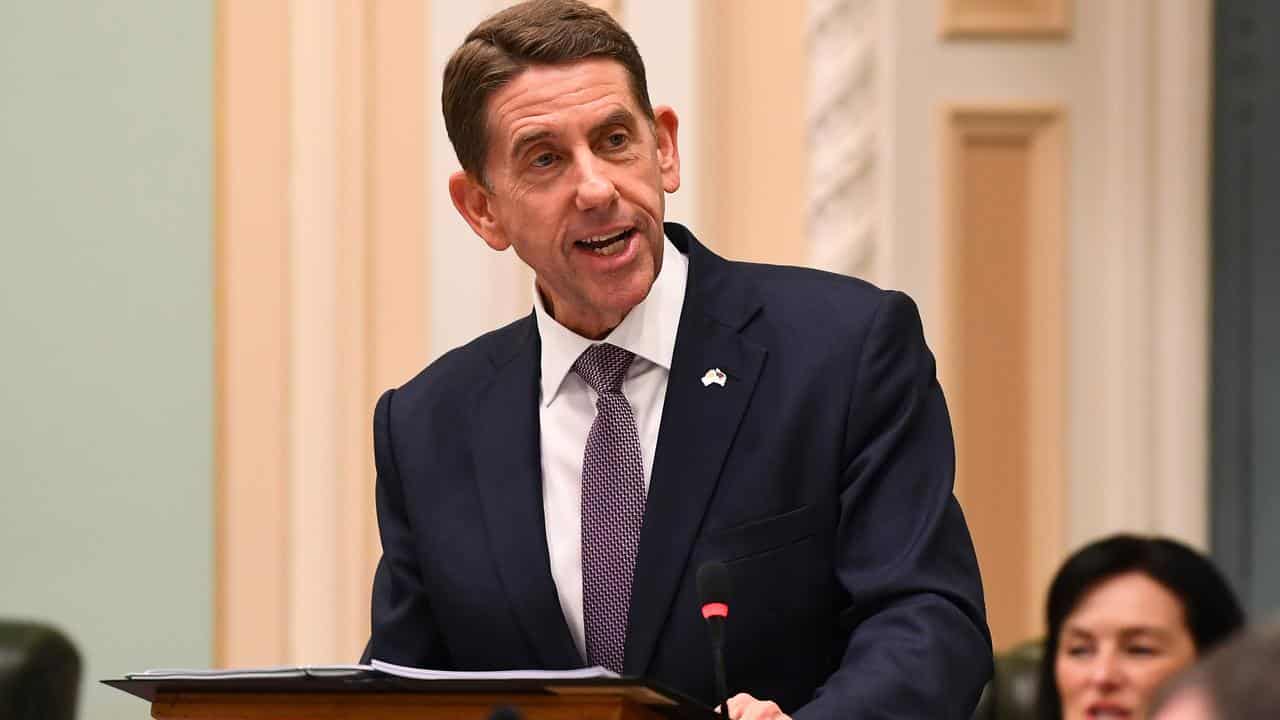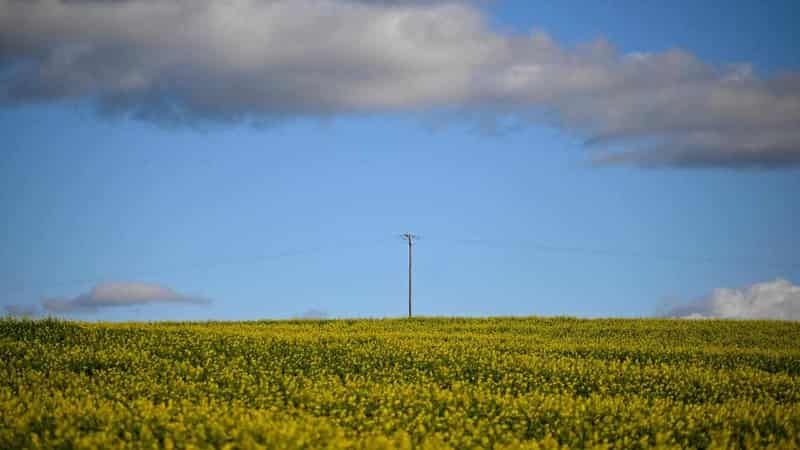
Construction of a high-voltage transmission line should not be tied to the outcome of a state election, a north Queensland mayor says.
Taxpayers are set to funnel $1.2 billion of non-budgeted funds into CopperString - one of Australia's biggest energy grid expansions - under a re-election pitch by the state government.
Deputy Premier Cameron Dick said rising construction costs and terrain difficulties meant the project was now set to cost $6.2 billion.
"That's why our government has signed off on an additional $1.2 billion in funding to build CopperString if we are re-elected in October," he said.
The project had received $11 million in investment decision funding from the former Morrison government in 2020 before the state government purchased private company CuString's planned CopperString 2.0 project in 2023.
The 1000km high-voltage electricity transmission line in the state's north will connect Queensland's northwest to the grid through a power line running from south of Townsville to Mount Isa.
Flinders Shire Council Mayor Kate Peddle has expressed concerns for her constituents who are already investing in preparation for the build.
Cr Peddle said her trust in the project had been rattled by Mr Dick's comments after he previously stood within the community and said it was a done deal.
"I hope that this was a political play to challenge their opponents in the upcoming election, but I don’t want to see politics played with this project," Cr Peddle said.

"Why does this commitment rely on the outcome of the election?
"I urge the deputy premier and government decision-makers to think about the mum-and-dad investors currently gathering their financial information to pitch to their bank manager to finance a machinery loan.
"Think about them - don’t destabilise Queenslanders' confidence in this project."
The transmission line will be longer than driving from Sydney to Melbourne and is expected to be completed by 2029.
It is set to provide more affordable power to companies mining deposits valued at $500 billion in the North West Minerals Province.
The project will also help unlock the province's copper, zinc, lead, silver and phosphate needed to make smartphones and renewable energy parts.









